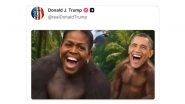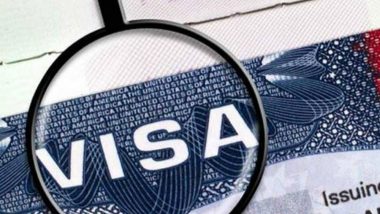New York, Aug 29: The US has extended the temporary suspension of premium processing for H1-B visas, popular among Indian IT professionals, as part of its efforts to clear the backlog.
Premium processing is a feature that shortens the usual processing time of H-1B visa petitions from an average of six months to 15 calendar days for a fee of USD 1,225 (Rs 86,181). It allowed some companies to jump the queue.
The suspension, announced yesterday by the US Citizenship and Immigration Services (USCIS), is expected to last until February 19 next year. The USCIS said it is extending the temporary suspension of premium processing for cap-subject H-1B petitions and, beginning September 11, will be expanding this temporary suspension to include certain additional H-1B petitions.
Under the premium processing, the USCIS has to respond within 15 days to the H-1B visa petitions submitted to it. The USCIS had announced in March that it will temporarily suspend premium processing for all fiscal year 2019 cap-subject petitions, including petitions seeking an exemption for individuals with a US master's degree or higher.
This suspension of premium processing for the fiscal year 2019 cap-subject H-1B petitions was originally slated to last until September 10, 2018, but that suspension is being extended through an estimated date of February 19, 2019.
The USCIS said the temporary suspension will help it reduce overall H-1B processing times by allowing it to process long-pending petitions, which the agency said it has been unable to process due to the high volume of incoming petitions and premium processing requests over the past few months.
The temporary suspension will also allow the agency to be responsive to petitions with time-sensitive start dates and prioritise adjudication of H-1B extension of status cases that are nearing the 240-day mark.
As an H-1B non-immigrant, the applicant may be admitted for a period of up to three years. The time period may be extended, but generally cannot go beyond a total of six years.
The H1-B visa has an annual numerical limit cap of 65,000 each fiscal year as mandated by the Congress. The first 20,000 petitions filed on behalf of beneficiaries with a US master's degree or higher are exempt from the cap.
Additionally, H1-B workers who are petitioned for or employed at an institution of higher education or its affiliated or related nonprofit entities or a nonprofit research organisation or a government research organisation are not subject to this numerical cap.
According to the USCIS, between 2007 and 2017, it received the maximum number of 2.2 million H-1B petitions from high-skilled Indians. India was followed by China with 301,000 H-1B petitions during the same period.













 Quickly
Quickly


